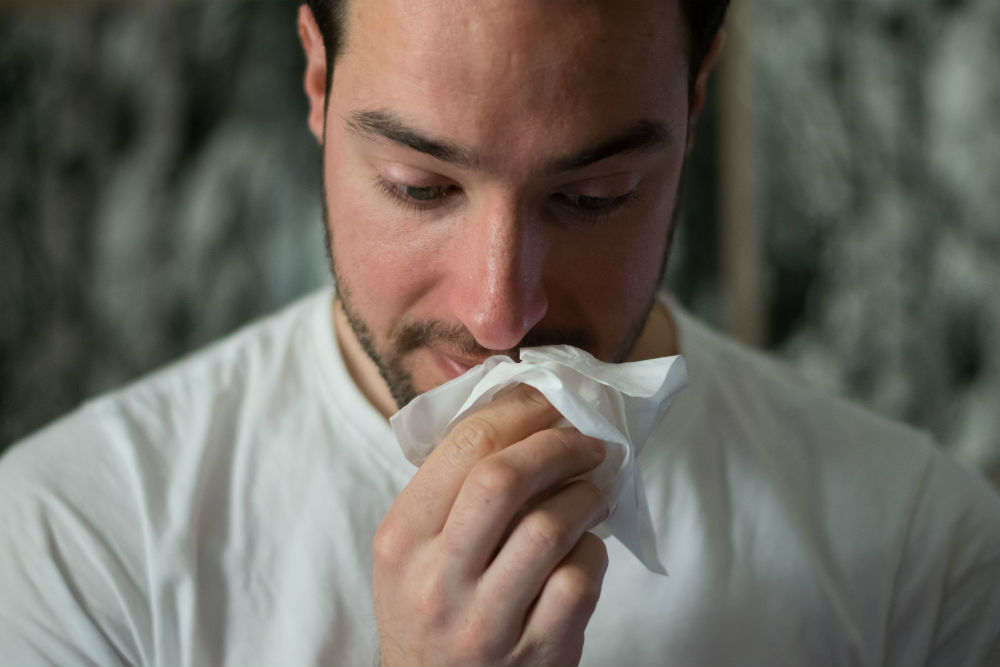As if anxiety isn’t a bad enough condition in day-to-day life, if you have an anxiety disorder, you are also more likely to suffer from seasonal allergies triggered by substances like pollen. Meanwhile, our neighbours with depression are more likely to have perennial (year-round) allergies triggered by things like animal dander.
These are findings from a recent study at the Technical University of Munich (TUM). Interestingly, the researchers found that year-round allergies were rarer among people with anxiety disorders. They hypothesized that this may be because people with constant allergies have developed anti-stress coping strategies so they can effectively avoid developing an anxiety disorder.
Meanwhile, neither anxiety nor depression had much of an impact on food and drug allergies.
Why do people get seasonal allergies?
Many people suffer from seasonal allergies when spring rolls around and pollen drifts through the air. Often, this condition is called hay fever. Scientifically, it’s called allergic rhinitis. You may have hay fever if you experience:
- Itchy eyes, nose, and throat
- Stuffy, runny nose and sneezing
- Cough
- Hives
- Headaches
Allergies happen when your body overreacts to substances it perceives as dangerous when these substances (like pollen) aren’t actually harmful. If your allergies peak in April or May, you’re likely allergic to tree pollen. If your allergies happen between late May and mid-July, you may be allergic to grass and weed pollen.

Hay Fever Treatment
While allergies can be annoying, they are fortunately highly treatable! For example, you can use a spray like the Atrovent® Nasal Spray (ipratropium bromide) to relieve congestion.
If you live in a place where medicine is expensive, such as the United States, you can buy allergy medication online through an international referral service like Canada Pharmacy Delivery. If not, you can also do the following to avoid exposure to your allergy triggers:
- Close your windows to prevent pollen from getting indoors.
- Pay attention to your local pollen count report, usually available from the same source that broadcasts the weather forecast.
- Use dust- and mite-proof linen.
- Wear sunglasses when you go outside.
- Shower regularly to cleanse yourself of allergens that may have clung onto your skin.
What impact do mental disorders have on physical health?
Mental health and physical health are strongly connected, even outside the topic of allergies. Whether it’s from the mental disorder itself or as a side effect of treatment, people with psychiatric illnesses can suffer from an altered balance of hormones and disrupted sleep cycles. Symptoms like these can then contribute to an increased risk of developing other conditions. People who have the added burden of poor mental health may also experience more barriers to good lifestyle habits, such as not being able to afford the time or money to eat healthily, or not having the energy or motivation to exercise.
Take care of your mental health!
Now, allergies cannot be prevented. No one chooses to be mentally ill either. While it’s important to note that the TUM study did not establish a causal relationship between anxiety and allergies (we don’t know if one causes the other), it’s not a bad idea to invest in anxiety relief. So on a day where allergen levels are low, go outside, get some fresh air, and give yourself a few moments of stress-free relaxation. You deserve it!

